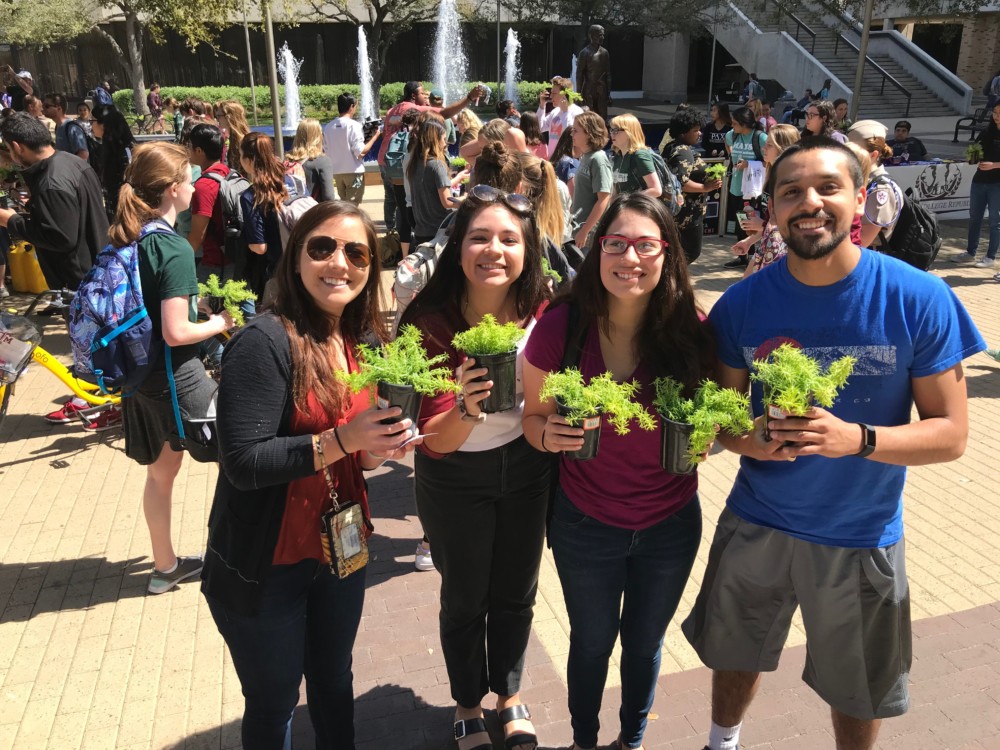
Attracting and Empowering New Customers
The Collegiate Plant Initiative (CPI) is a nonprofit organization with a mission to make people who love plants and find the plants people love. Made up of undergraduate students without backgrounds in plant science or related majors, these student leaders love plants and are passionate about sharing this love with as many students as possible. This perspective allows CPI to directly relate to some of the most important people in the horticulture industry — future affluent consumers and educated employees.
CPI was inspired by Plants, Gardening and You (PG&Y), an introductory gardening class taught by Dave Clark at the University of Florida. Hundreds of students from every major enroll in PG&Y each semester to learn more about the basics of plants and gardening. Class topics change every week and range from plant domestication and propagation to plant biotechnology and edible landscapes.
Students taking PG&Y also receive a plant every week after lecture, which is one of the reasons why enrollment has grown exponentially over the last few years. This consistent supply of plants instills a “plant addiction” in many students, who often have a dorm or apartment full of plants by the end of the semester.
Last year, several students fell in love with plants after taking PG&Y and decided to create CPI with Clark. By having this close connection to PG&Y, CPI can collect data on student plant preferences and recruit student talent every semester, as well as stay up to date with the newest trends and attitudes toward plants.
Making People Who Love Plants: Connecting to College Students
CPI’s most noteworthy events, Plant Drops, were created to get as many students as possible exposed to plants and interested in gardening. At each of these events, we bring 1,000 plants to the center of university campuses to give away to passing students for free. “Why free plants?” you may ask.

We have discovered that students love plants but feel overwhelmed when shopping for them since they have no idea where to begin or what plants they can easily grow. Placing a hard-to-kill plant in the hands of 1,000 students is one way to reduce this pressure and make buying plants for the first time an easier experience.
To date, CPI has conducted Plant Drops at the University of Florida, Penn State University and Texas A&M University with plans to visit many more in the upcoming year. When we visited Texas A&M University, students were so excited about receiving free plants that we managed to give away 1,000 plants in only four minutes!
We believe the excitement demonstrated by students across the country directly relates to their love of plants, and we are helping them cultivate this energy into life- long hobbies and careers.
While Plant Drops are a wonderful way to gain student attention, maintaining a strong social media presence is one of the most effective ways an organization can keep them engaged. Consistently posting high-quality and relevant content reminds students of our mission and gives them a reason to think about horticulture on an everyday basis. Daily CPI Facebook and Instagram posts include images of the plants people love and college students interacting with plants in various ways.
Plant images expose these young adults to flowers and foliage they have never seen before and show them that they have a wide variety of choices available to them as a consumer; they just need to look.
As CPI has grown and expanded over the past year, we have continued to work on outreach by writing articles, media releases and event announcements to spread our love of plants with others. CPI’s first targets are leaders and professionals in the industry — you and your colleagues.
We want to provide insight into the minds of college students and how those insights directly apply to YOUR garden centers. We are also reaching the general student population by having a team of student writers researching and publishing articles based on topics created by other students. PG&Y students are polled every semester on what they would like to know about plants and then those ideas are narrowed into a set of stories available to writing staff.
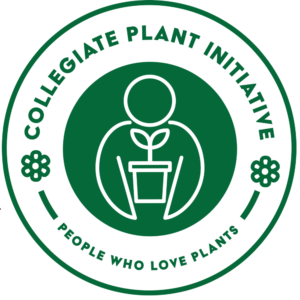 Finding the Plants People Love: Researching Consumer Preferences
Finding the Plants People Love: Researching Consumer Preferences
We are discovering which plants are most popular among college students and what that means for breeders, growers and retailers. From color, usage and overall appearance, we want to know what our students respond to most.
Are houseplants really the next big thing? Do students prefer annuals, or perennials? Is there a color that consistently grabs their attention? Through PG&Y, we ask our students these questions and collect data on their preferences.
Five plants are displayed in front of the classroom during each lecture and students are asked to write the number associated with their favorite plant on their attendance card. This simple method has led to an average student participation level of 92 percent in fall 2017 and 93 percent in spring 2018, despite responses being completely voluntary. Since hundreds of students are enrolled each semester and a high percentage of students participate, a significant amount of data can be collected from various populations.
The data is then entered into a spreadsheet, where responses can be sorted by class section, sex, college and class year. With 21 replicated experiments and 11 additional experiments completed to date, CPI is beginning to develop a predictive model to determine what a given student will choose when presented with a selection of plants.
We recently added a series of questions that has revealed even more information about each student’s demographic background, experience with plants and past purchasing patterns. These data points will allow for even more detailed information about attracting different groups of young adults to your business. Not only will the data be useful for the horticulture industry — it is good for students and young adults too.
With more companies using this information, consumers will have greater access to the plants that they will enjoy and want to buy. We see this predictive model as a win-win for everyone who loves plants — and those who love to sell them.
Attracting a New Generation of Customers
How can you attract college students to your business? From our perspective, the best way to get students in the door is to create an accessible and inviting environment. Providing straightforward information on your website and social media allows potential customers to explore future purchases from the comfort of their home.
Additionally, posting images of exciting displays and plants in various arrangements can act as a starting point of inspiration for those that have limited experience and no idea where to begin.
As I mentioned earlier, many of our students say they feel overwhelmed when visiting garden centers and other retailers for the first time.
I must admit I was this student in the past — wandering around in circles trying to find a plant that will survive my lack of experience and the low-light conditions of my apartment.
What’s one of the best things to ease this confusion? Clear and informative signs! Instead of wandering aimlessly, your customers will be able to spot the plants they are looking for with ease. Including plant care requirements in display signage reduces frustration and makes choosing the plant that is best for each student’s life even easier.
Finding Student Talent
At every conference CPI attends, there seems to be one statistic that is consistently used: 39 percent of jobs within the horticulture industry go unfilled each year. The need to reach students to fulfill these jobs across
the supply chain is repeatedly stressed during these presentations, and CPI has fully accepted this challenge.
CPI currently has students who are interested in applying their knowledge and experience from various academic backgrounds to the horticulture industry. The only issue is there are not enough internships for them to apply to! Many companies mention that they have internships available, yet have job pages on their website consisting of general labor and truck drivers or internships that have not been updated in months or years.
This is where we need your help. If you are interested in hiring talented students to work or intern with your company, please reach out with information about your company and internship program. Consider taking time to reevaluate your current internship program, since internships are ultimately an investment in your company. Even taking small steps towards improving your internship program will go a long way in helping you attract the student talent you need for the future of your business.
The Collegiate Plant Initiative would not be able to accomplish these goals without the generous support of several organizations within the industry. Our partners include Altman Plants, the American Floral Endowment, the Fred C. Gloeckner Foundation, Proven Winners, and University of Florida’s Institute of Food and Agricultural Sciences.
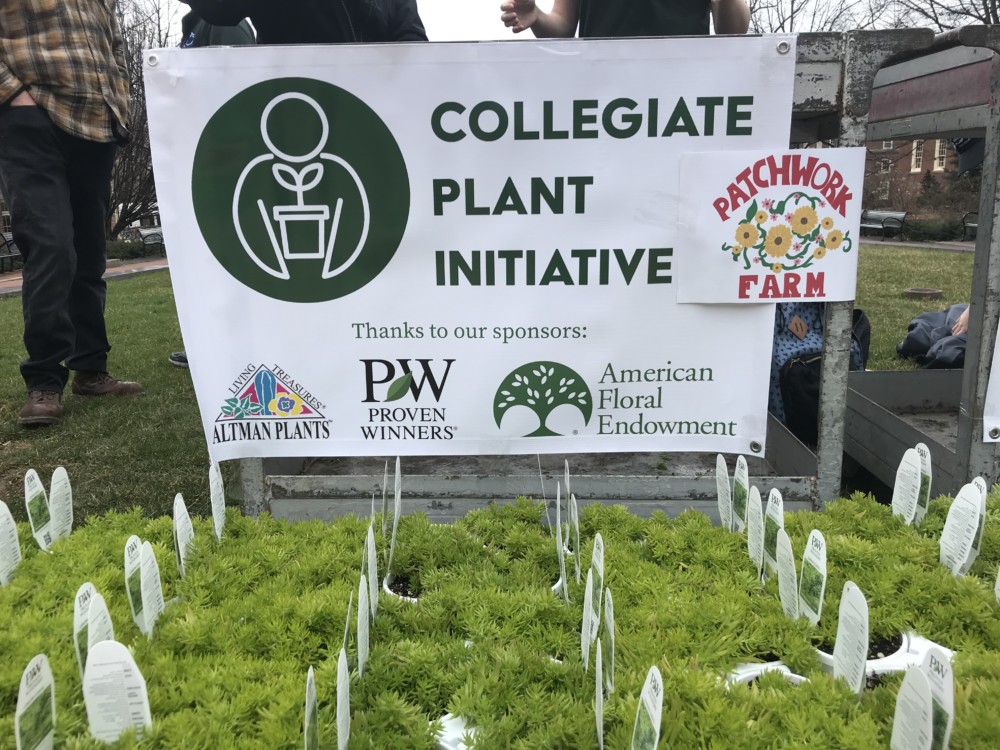






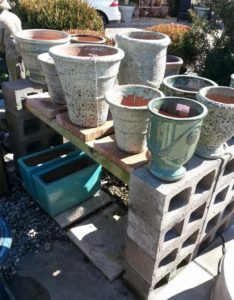



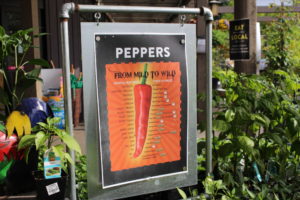


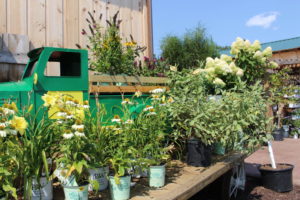



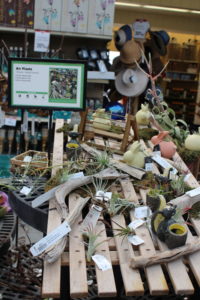
 Videos
Videos





